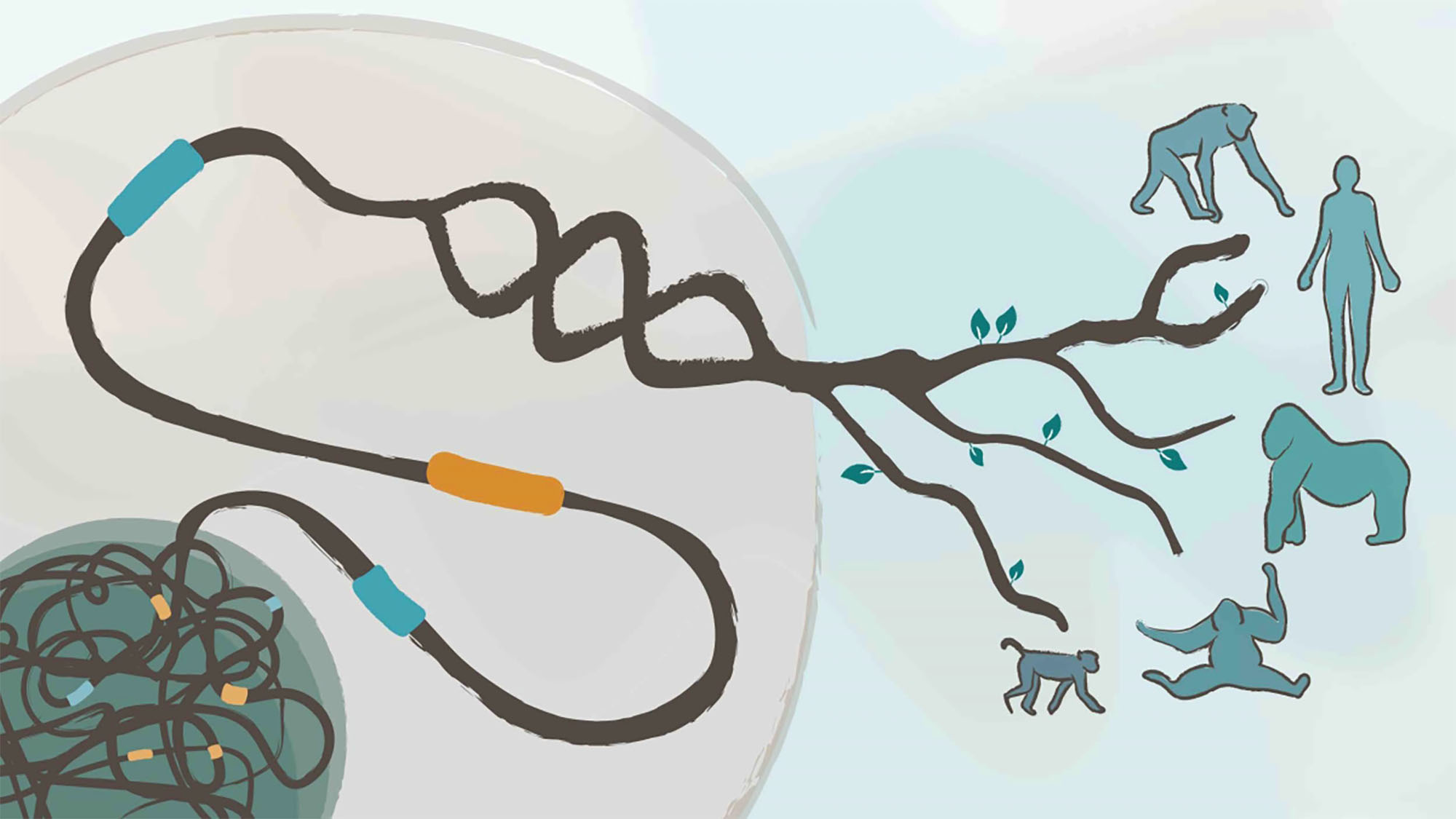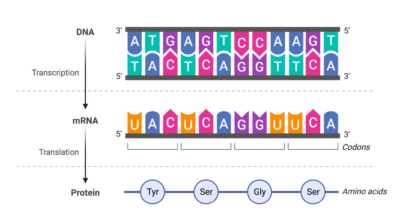Researchers at the Institute of Evolutionary Biology (IBE: CSIC-UPF) have done a thorough analysis of the regulatory signals of genes in primates, and have found that some of these signals, which are usually ignored for being too weak, could be linked to neural functions in humans.
The study, led by IBE researchers Tomàs Marquès-Bonet and David Juan, has analyzed with great resolution the epigenomic signals (chemical compounds and proteins that regulate genes) in four species of great apes: chimpanzees, gorillas, orangutans and macaques. The data collected have already been made available to the scientific community in open access.
“When we focused on detecting those specific characteristics of humans in the weakest epigenomic signals, we saw that they are related to functions of the brain.”
Paula Esteller, co-author of the study.
Thus, by crossing the data of primates with those of humans, they have found that these weak signals play a relevant role in the gene regulation of the brain and have opened the door to a new way of studying the evolution of this organ.
García-Pérez, R., Esteller-Cucala, P., Mas, G. et al. Epigenomic profiling of primate lymphoblastoid cell lines reveals the evolutionary patterns of epigenetic activities in gene regulatory architectures. Nat Commun 12, 3116 (2021).






